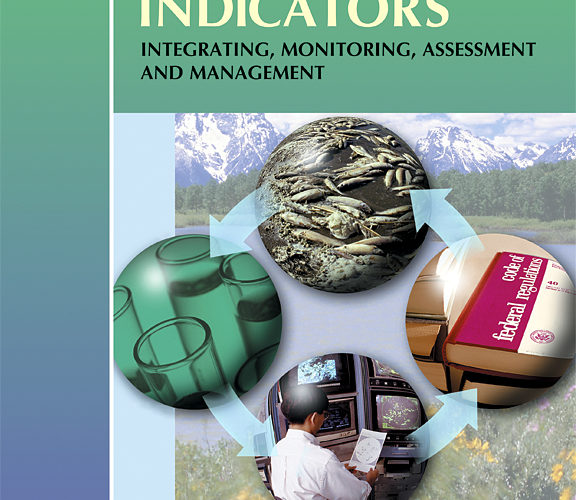
Compared to the solid understanding of the role of deforestation drivers, related knowledge about transitions in global forests is less developed, although numerous nations and sub-national regions are experiencing ongoing forest recovery. In this paper, the focus is on countries in which forest cover increased between 1990 and 2015. We analyze whether a level of initial economic development can be identified that might explain this positive trend. By combining qualitative and quantitative techniques (ecological modelling and an expert survey), a Forest Recovery Index is introduced that accounts for the fact that dissimilar forest management regimes have different impacts on biodiversity and ecosystem services. The link between the Forest Recovery Index and the 1990 level of GDP per capita is analyzed with instrumental variable regression. The results of our integrated ecological-economic models support the existence of an N-shaped curve in the context of forest recovery, implying that the quality and quantity of new forests in middle-income countries has increased to the least extent. In other words, although the outcomes suggest optimism in the long term, caution is needed as the first turning point (a decrease in forest recovery), unlike the second, may fairly easy to be reached. In spite of overall increases in the extent of forests, negative trends – rearrangements that favor less valuable types of forest – appear to be persistent. While transitions are important in terms of the need to sequester carbon, governments should (in line with the Aichi Targets) place greater emphasis on forest biodiversity during transition management to ensure the provision of a wider array of ecosystem services.
https://www.sciencedirect.com/science/article/abs/pii/S1470160X20300042?via%3Dihub
Nem található esemény a közeljövőben.
A KRTK Közgazdaság-tudományi Intézet teljesítményéről A KRTK KTI a RePEc/IDEAS rangsorában, amely a világ közgazdaság-tudományi tanszékeit és intézeteit rangsorolja publikációs teljesítményük alapján, a legjobb ... Read More »

Tisztelt Kollégák! Tudományos kutatóként, intézeti vezetőként egész életünkben a kutatói szabadság és felelősség elve vezetett bennünket. Meggyőződésünk, hogy a tudomány csak akkor érhet el ... Read More »

Srí Lanka: a 2022-es gazdasági válság leckéje – A. Krueger Lessons from Sri Lanka Anne O. Krueger Jul 25, 2022 – Project Syndicate ... Read More »

A permanens válság korában élünk – J. Meadway We’re living in an age of permanent crisis – let’s stop planning for a ‘return ... Read More »

A 2021 végén, illetve 2022 elején tapaszalt 6, illetve 7%-os cserearányromlás brutális reáljövedelem-kivonást jelentett a magyar gazdaságból. A külső egyensúly alakulásával foglalkozó elemzések többnyire ... Read More »
